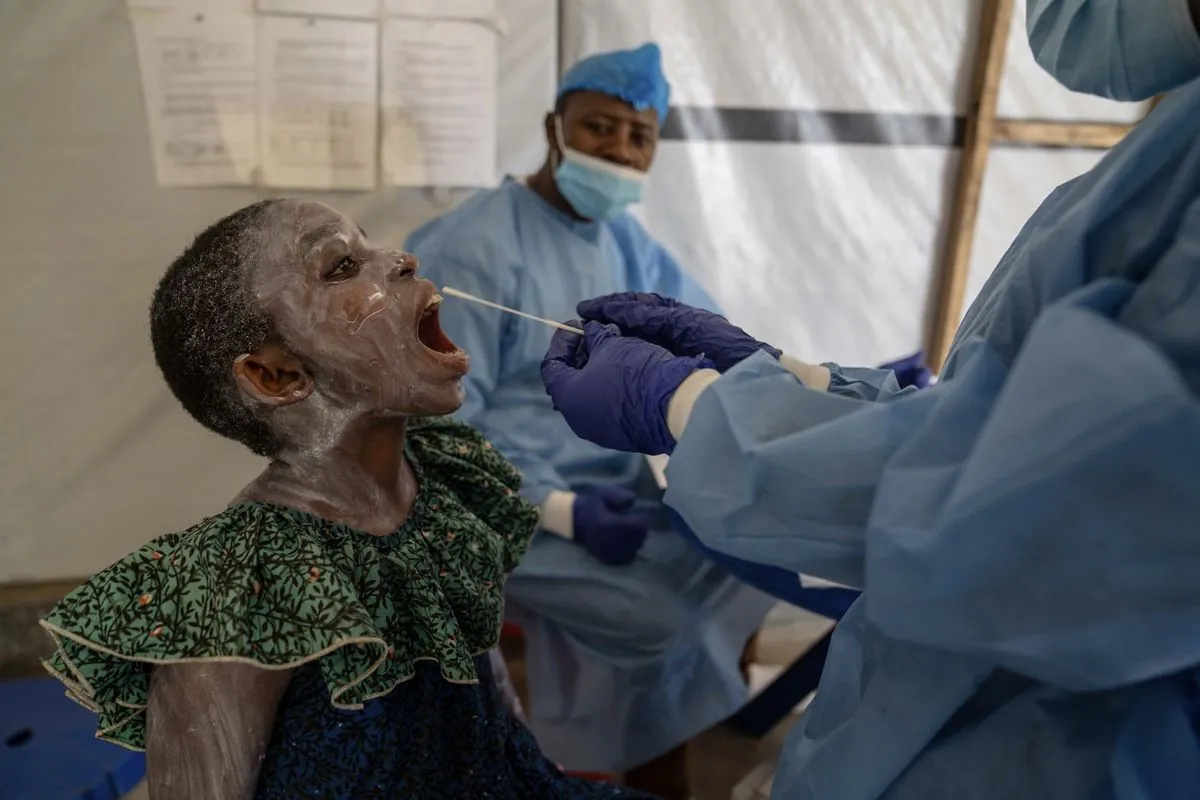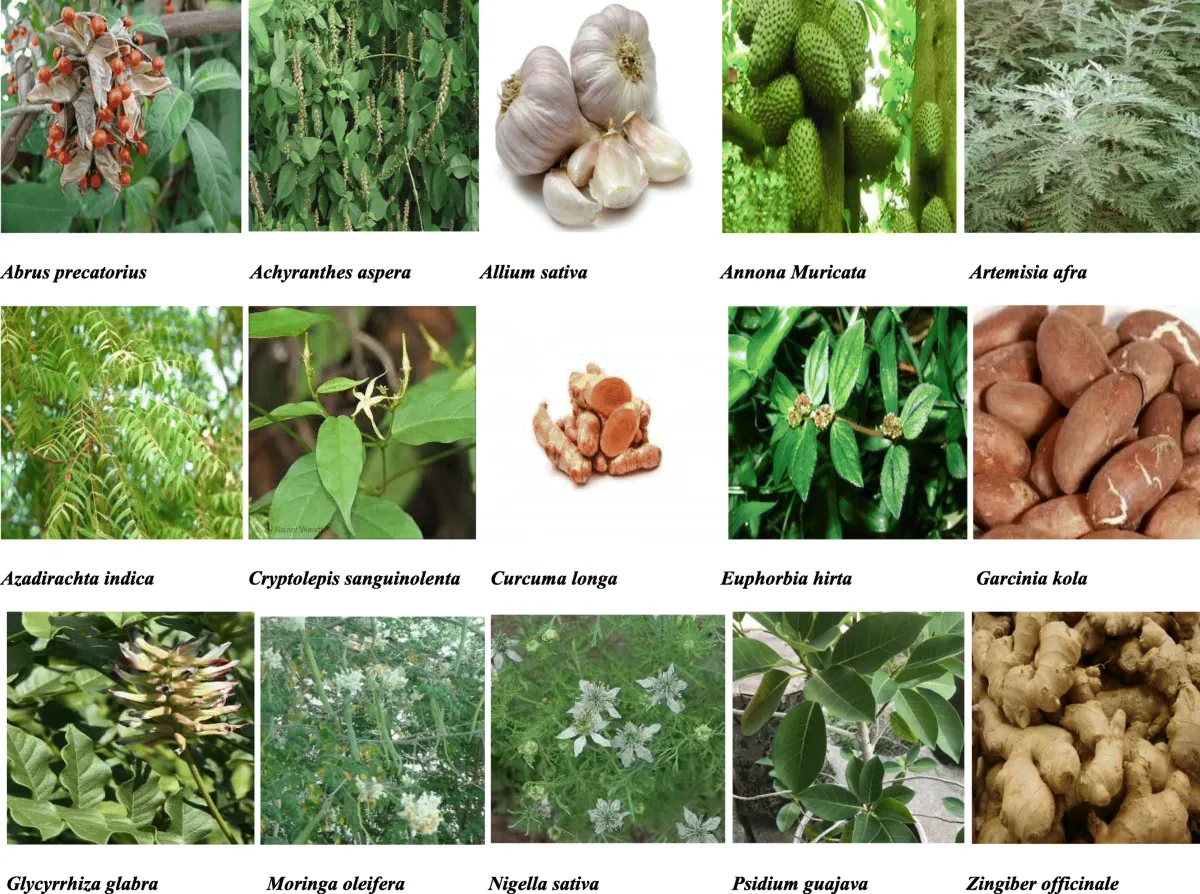Congo Grapples with Mpox Outbreak Amid Limited Resources and Knowledge
Congo faces a severe mpox outbreak, with vulnerable communities struggling to understand and treat the disease. WHO declares a global health emergency as cases spread, highlighting the need for education and resources.

In the Democratic Republic of Congo, a severe mpox outbreak has emerged as a significant health crisis, particularly affecting vulnerable populations in displacement camps. The situation highlights the urgent need for education, resources, and international support to combat the spread of this viral infection.
Justine Munguiko, a 24-year-old mother residing in Kanyarutshinya camp near Goma, exemplifies the challenges faced by many. Unable to recall the name of the disease, she observed painful sores on her baby Fidele, similar to those affecting other children in the camp. In the absence of proper medical care, Munguiko and other mothers resorted to traditional remedies, such as washing their children with boiled salty water and applying leaves from the Kitamatama plant.

The World Health Organization (WHO) declared mpox a global public health emergency in August 2024, just one week prior to this report. This declaration underscores the severity of the situation, particularly in Congo, which has become the epicenter of the outbreak.
"We need to get the right information out to the people who are immediately at risk."
Since January 2023, Congo has reported approximately 27,000 cases and over 1,100 deaths, primarily among children. The virus has also spread to neighboring countries, raising concerns about its potential for wider transmission.
Efforts to educate vulnerable populations are underway. At Kanyarutshinya camp, health workers from aid organizations like Medair are conducting informational sessions and distributing leaflets to explain infection prevention methods. Bizimungu Habimana, a 46-year-old camp resident, expressed relief upon learning that the disease is treatable, highlighting the importance of these educational initiatives.
However, the challenges extend beyond education. Helen Rees, co-chair of South Africa's mpox incident management team, emphasized the global lack of understanding about mpox outbreaks, transmission patterns, and asymptomatic cases. This knowledge gap is exacerbated by insufficient funding for research in African countries.
Mpox, first discovered in humans in 1970 in the Democratic Republic of the Congo, is caused by a virus belonging to the same family as smallpox. It primarily affects Central and West Africa, with transmission occurring through close contact with infected animals or humans. Symptoms typically include fever, rash, and swollen lymph nodes, with an incubation period ranging from 5 to 21 days.
While there is no specific treatment for mpox, vaccines developed for smallpox offer some protection. Prevention measures include proper hygiene and avoiding contact with infected individuals or animals. The WHO adopted the name "mpox" in 2022 to reduce stigmatization associated with the term "monkeypox."
As the international community grapples with vaccine shortages and distribution challenges, the situation in Congo serves as a stark reminder of the need for comprehensive global health strategies that prioritize vulnerable populations and address knowledge gaps through increased research funding.


































